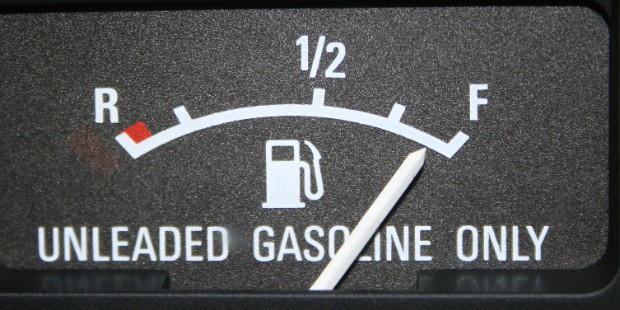 I didn’t write much Tuesday. Or Wednesday. In fact, all I’ve penned over that time span was this post you’re about to read and the one I wrote about 30/30. That’s it.1
I didn’t write much Tuesday. Or Wednesday. In fact, all I’ve penned over that time span was this post you’re about to read and the one I wrote about 30/30. That’s it.1
And I feel as if my writing of those pieces – and what I’ve got ready to go on Thursday – was all the better for it as a result.
I’ve written about not writing before, so this isn’t exactly a new discovery for me. But since returning from vacation I’ve set out to be more vigilant about my workflow.
Monday, Thursday and Sundays are writing days – pure and simple. Tuesday, Wednesday and Fridays are househusband days – equally as pure as simple. All of those days combined enable me to take Saturdays and set them aside for total family time. Again, this workflow isn’t entirely new for me, but I’m determined to make each day count in the way it should so that Saturdays can count the way it must.
So when I sit down to write tomorrow, I know that’s what I need to do – and do it I will. I love writing, I love getting things done, and I love doing both of those things efficiently and effectively. By fueling the tank, I give my creative juices a boost – and my productivity a boost as well. My creative energy is renewed, ideas have had time to percolate and the rest I’ve given my mind from the world of the Internet, technology, productivity and writing in general works for me rather than against me.
It’s my way of time chunking these days, and it’s working exceptionally well.
But it means having the willpower and discipline to stick to the plan. When Thursday comes to a close and Friday arrives, I’m back into househusband mode. By diving into each mode fully, I’m eliminating the distraction of the other mode in the process. That alone removes the strain on my psyche and allows me to “do better” on all fronts when the time comes. While this isn’t exactly the purest form of single-tasking, it does use elements of that idea in that I’m working on (and focused) on one vocation at a time…and on specific days, no less.
I realize this type of work week isn’t going to be possible for everyone, but there are ways you can adapt it to your own working environment. Set aside certain days for certain tasks or projects and don’t even go near anything else that will drain your creative resources. If you work a day job that doesn’t allow for this kind of flexibility, find the aspects of it that do and make it happen. If you have a side project that you’re working on after you leave the day job, break it down in such a way that you can work on particular components of it on set days.
This kind of strategy actually lends itself towards that ever-elusive balance we seek, as opposed to the “shifting gears” we are prone to do instead. Think about it: shifting gears excessively (and for no real reason other than to shift them) makes a vehicle less efficient and effective over the long haul. The same goes for us.
Give this workflow strategy a try. I’ll bet you will find yourself driving a lot further when you do – as opposed to running on empty.
Photo credit: Eli Duke (CC BY-SA 2.0)
1 And I wrote both at the tail end of the day, when all of my househusband duties were done and everyone was in bed. Again, I’d freed up my mind and now had the time, energy and inspiration to write them.

